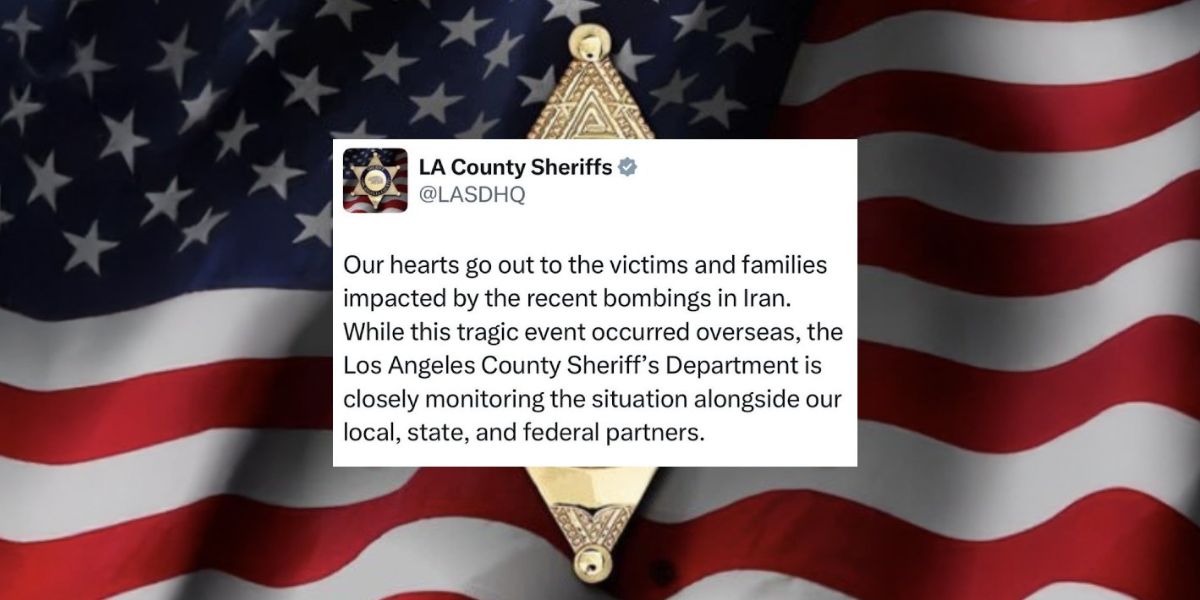Certain states are already altering their traffic rules in relation to illegal immigrants as the Trump Administration cracks down on illegal immigration. Laws and regulations pertaining to driving are always changing.
The conflict between state sovereignty and federal immigration enforcement has intensified in recent years, particularly with relation to driver’s licenses, traffic stops, and vehicle registration. Some immigrants will now be prohibited from driving.
Florida enforces stricter immigration identification laws
States have different rules and regulations pertaining to driver’s licenses. Washington, Oregon, California, Nevada, Utah, Colorado, New Mexico, Minnesota, Illinois, Virginia, Washington, D.C., Maryland, Delaware, New Jersey, New York, Connecticut, Rhode Island, Massachusetts, and Vermont are among the states that grant driver’s licenses to anyone, regardless of their immigration status, according to the National Immigration Law Center.
But some states are going to make it harder to remain anonymous when it comes to your immigration status.
A new law that would require your license to print your citizenship status is currently being considered in Florida.
This would apply to anyone who is not a US citizen, whether or not they are in the nation lawfully. It would not merely apply to those who had entered illegally.
The Florida Senate’s SB1258 addresses the Trump Administration’s broader campaign against illegal immigration. However, the bill’s opponents caution that including non-citizens on driver’s licenses may subject immigrants—legal or not—to profiling, stigmatization, and discrimination.
The law would discourage foreigners from obtaining licenses at all, which could lead to an increase in the number of unlicensed and uninsured drivers on the road.
Alabama implements more stringent licensing regulations
Alabama similarly introduced SB55 in the Alabama Legislature earlier this year amid the immigration issues. New residents of Alabama have 30 days to apply for an Alabama driver’s license under current Alabama legislation.
Nonetheless, under specific circumstances, non-residents of Alabama are permitted to utilize their international driver’s license. However, this law might alter in the future:
“This bill would invalidate the use of any driver license that explicitly indicates it was issued to an individual who did not exercise the option of providing proof of lawful presence in the United States when obtaining the license,” SB55 states.
Furthermore, the measure explains that nonresidents would no longer be excused from obtaining a driver’s license in Alabama:
“This bill would also prevent a nonresident from qualifying for an exemption to the Alabama driver license requirement if the nonresident’s license explicitly indicates that it was issued to an individual who did not exercise the option of providing proof of lawful presence in the United States when obtaining the license,” SB55 states.
Both proposals have been proposed as of right now, and their opposition is still being examined.
Read Also: SSI Payment Boost: Two Deposits Coming in One Month for Select Recipients
More modifications to driver’s licenses
All states are now encouraging citizens to renew their licenses in order to become REAL-ID certified, even if some states are starting to implement harsher regulations regarding licenses for non-US citizens.
The REAL-ID Act, which was passed almost 20 years ago, will finally go into effect on May 7.
This implies that you will not be permitted to enter federal buildings or board domestic aircraft if your identification documents are not REAL-ID certified.
Read Also: Military First: Trump Budget Slashes Funding for Health, Schools, and Clean Energy
Following the terrorist acts of 9/11, the REAL-ID Act was first passed in 2008. However, state governments’ resistance has caused the REAL-ID certification date for identification documents to be continuously postponed. Every state received a REAL-ID compliance certification by 2020.
Only last year did all US territories receive REAL-ID certification. The implementation phase will then start on May 7 of this year and go until May 5, 2027. But if history is to be believed, these deadlines will probably be extended once more.



